Shanija Shamsudheen : Rediscovering Nutritional Wealth through Wild Edible Plants
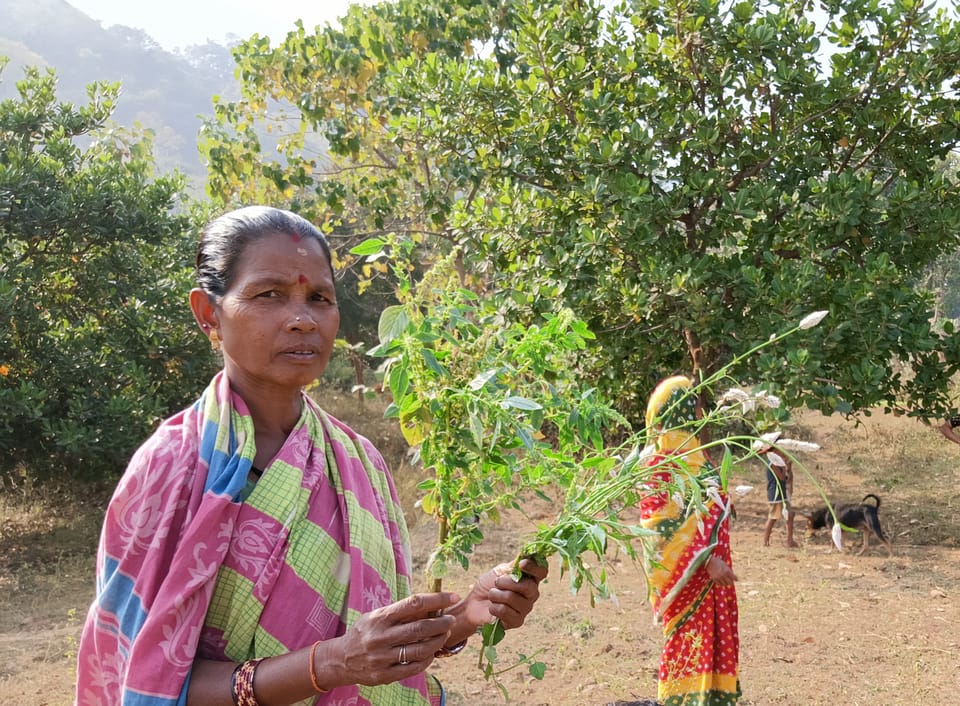
Shanija Shamsudheen, a participant of the first edition of the School for Social Transformation organized by The Ignite Foundation, recently completed her SBI Youth for India Fellowship in rural Odisha. Her experience in Babanasahi village, nestled within the Ganjam district, highlighted a critical issue facing the local Saura Adivasi community—malnutrition and a lack of dietary diversity. The project that Shanija undertook during her SBI Youth for India Fellowship to harness the power of Wild Edible Plants (WEPs) to address this nutritional gap has become inspirational for many participants of School for Social Transformation Community in which some of them started joined some of the similar fellowship programs.
The Saura Adivasis and Their Struggle
The Saura Adivasis, classified as a Particularly Vulnerable Tribal Group (PVTG), have historically relied on the forests of the Eastern Ghats for their food, livelihood, and survival. However, as deforestation and agricultural expansion have shrunk the forests, the community now faces a shortage of diverse, nutritious food sources. Malnutrition, especially among women and children, has become a growing concern.
Shanija realized that addressing the community's nutrition challenges required tapping into the indigenous knowledge of Wild Edible Plants, a practice that had sustained these communities for generations. These plants, often dismissed as weeds, are nutrient-rich and play a vital role in ensuring food security.
The Journey to Rediscovery: Wild Edible Plants
During her fellowship, Shanija worked closely with the Saura Adivasis to identify locally adapted, nutrient-dense vegetables and WEPs. Through agrobiodiversity walks, the community was encouraged to reconnect with their food heritage, foraging for wild plants in the village and nearby forests. These walks were not merely about gathering food; they became a space for knowledge sharing—a place where elders like Bhagirathi Karjee and Kothi Karjee recounted how previous generations depended on wild plants like Gudugudia Saga (Celosia argentea), Kantamari Saga (Amaranthus spinosus), and Madaranga Saga (Alternanthera sessilis), among others to stay healthy.
Shanija also organized cooking demonstrations and developed dietary plans to reintroduce WEPs into the community’s diet. She showed how these plants, rich in essential nutrients like vitamins A and C, fiber, and protein, could help tackle malnutrition and improve overall health.
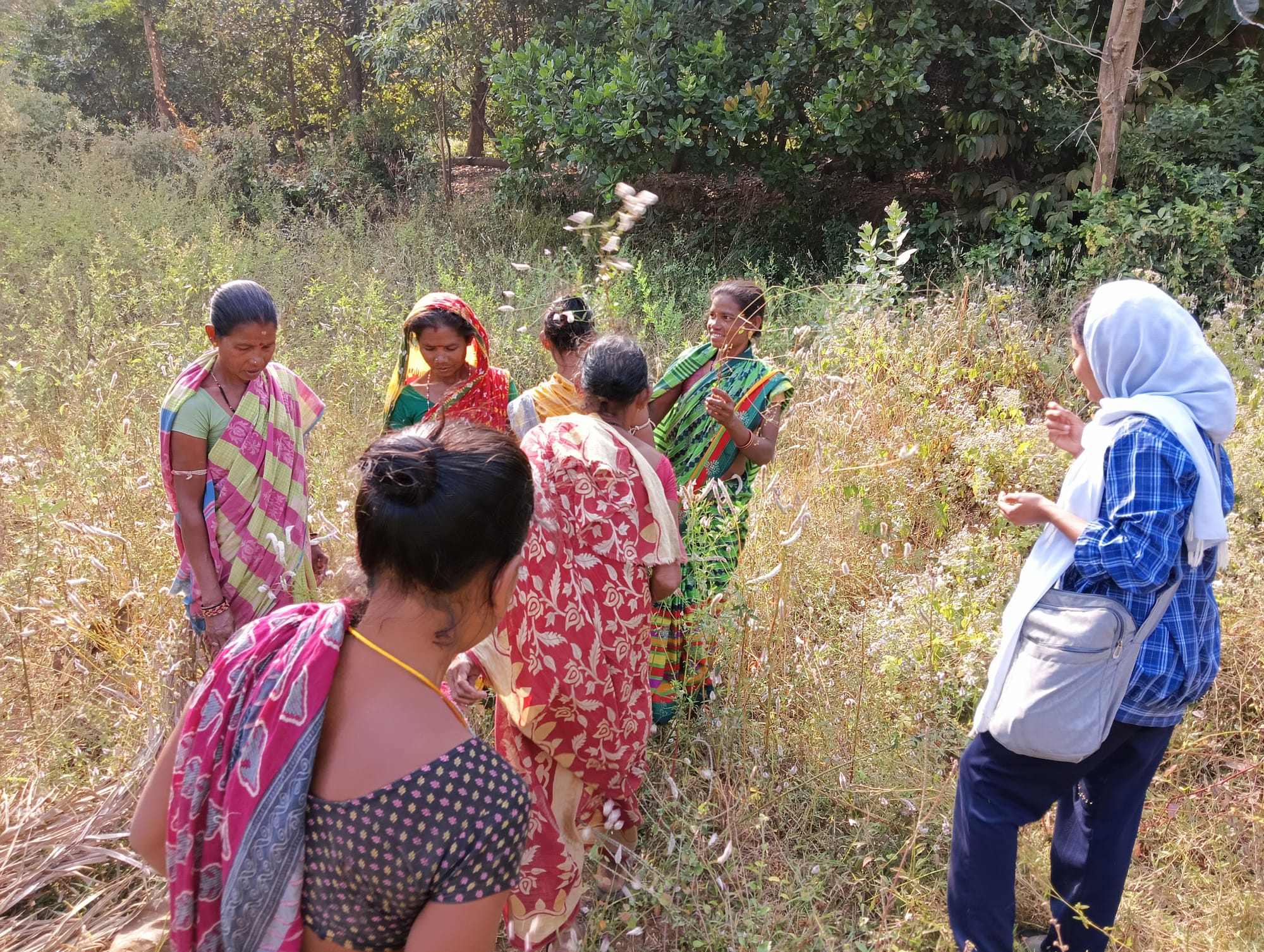
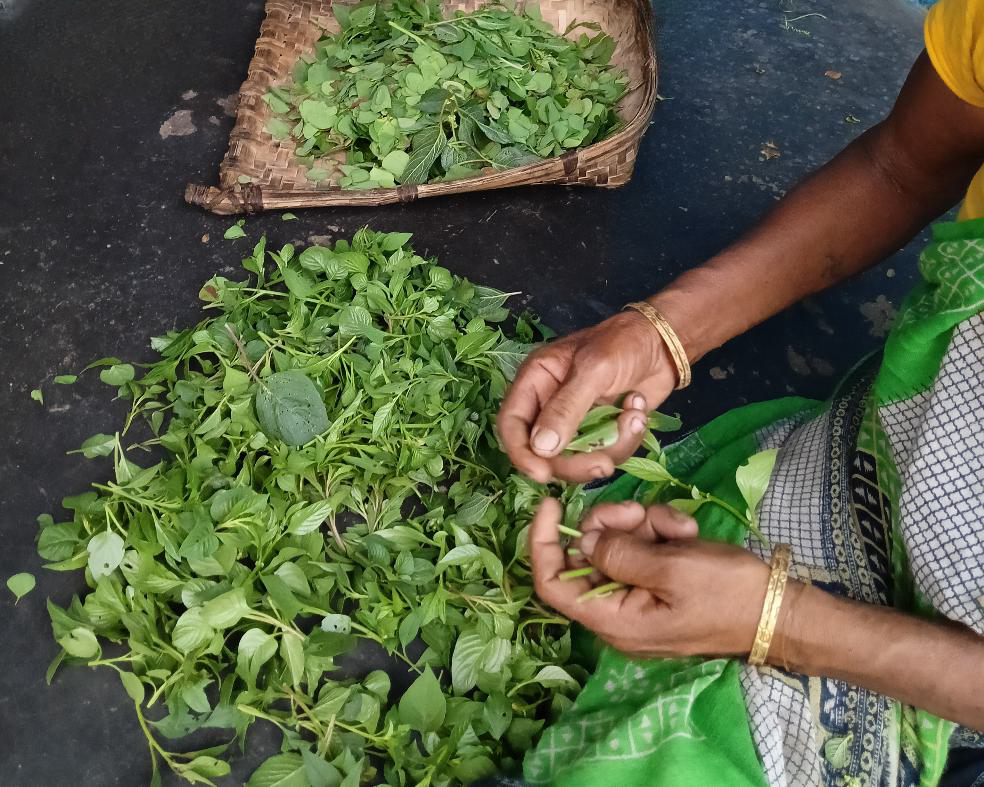
Agrobiodiversity walks and the some of the wild edible plants collected
Cultivating Local Solutions
In addition to promoting the use of WEPs, Shanija encouraged household vegetable cultivation for local consumption. Though some families grew vegetables, most sold their produce to make ends meet, leaving little for themselves. Shanija worked with ten households, providing them with seeds and training, urging them to retain a portion of their vegetables to ensure they had a steady source of micronutrients. This intervention, alongside the rediscovery of WEPs, helped improve local access to nutritious food.
A Testament to Resilience
Shanija’s work in Babanasahi is a powerful example of the potential of local food systems to solve global problems like malnutrition. By tapping into indigenous knowledge and promoting community-driven solutions, she has helped revitalize the nutritional practices of the Saura Adivasis.

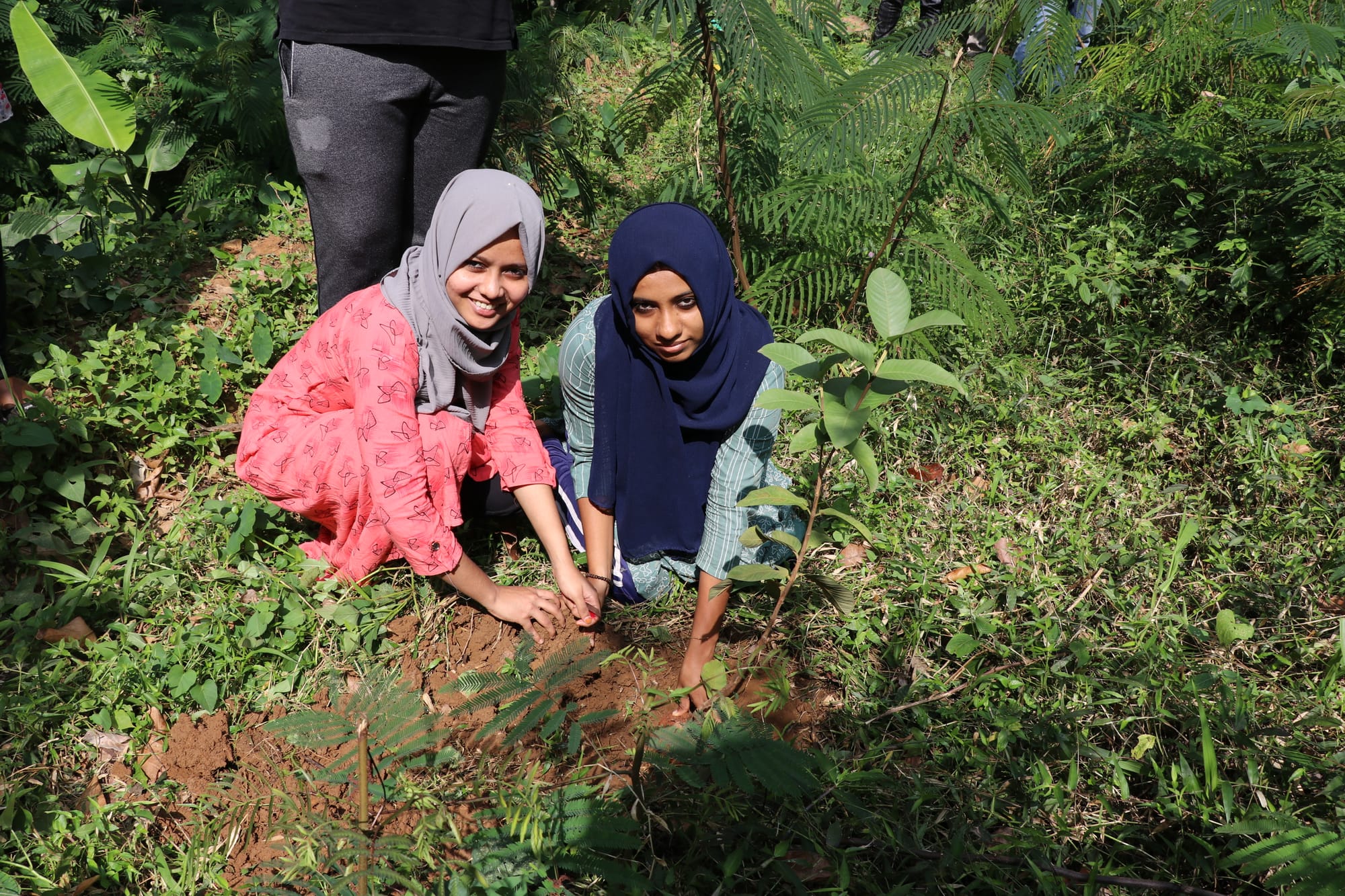
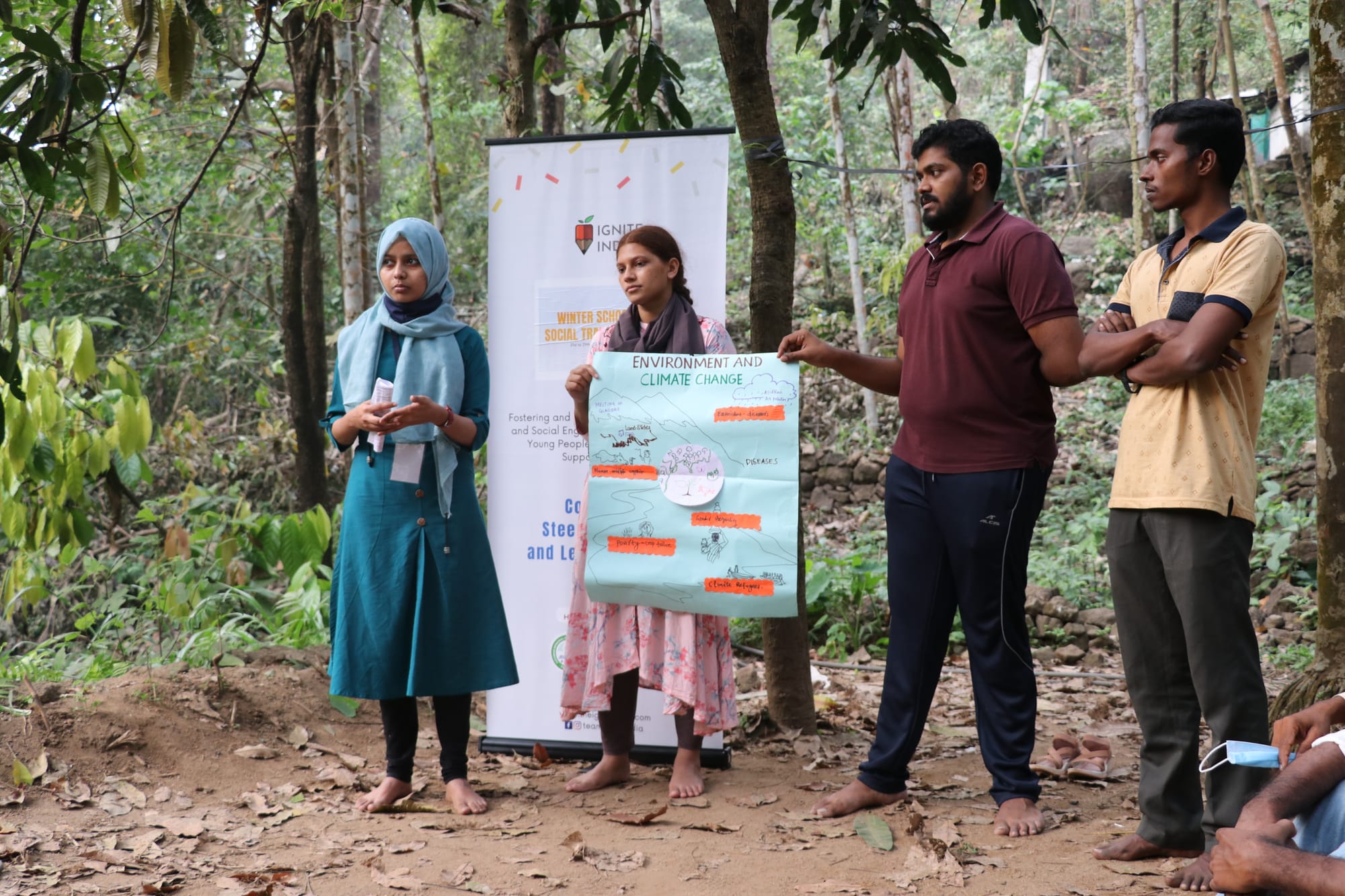
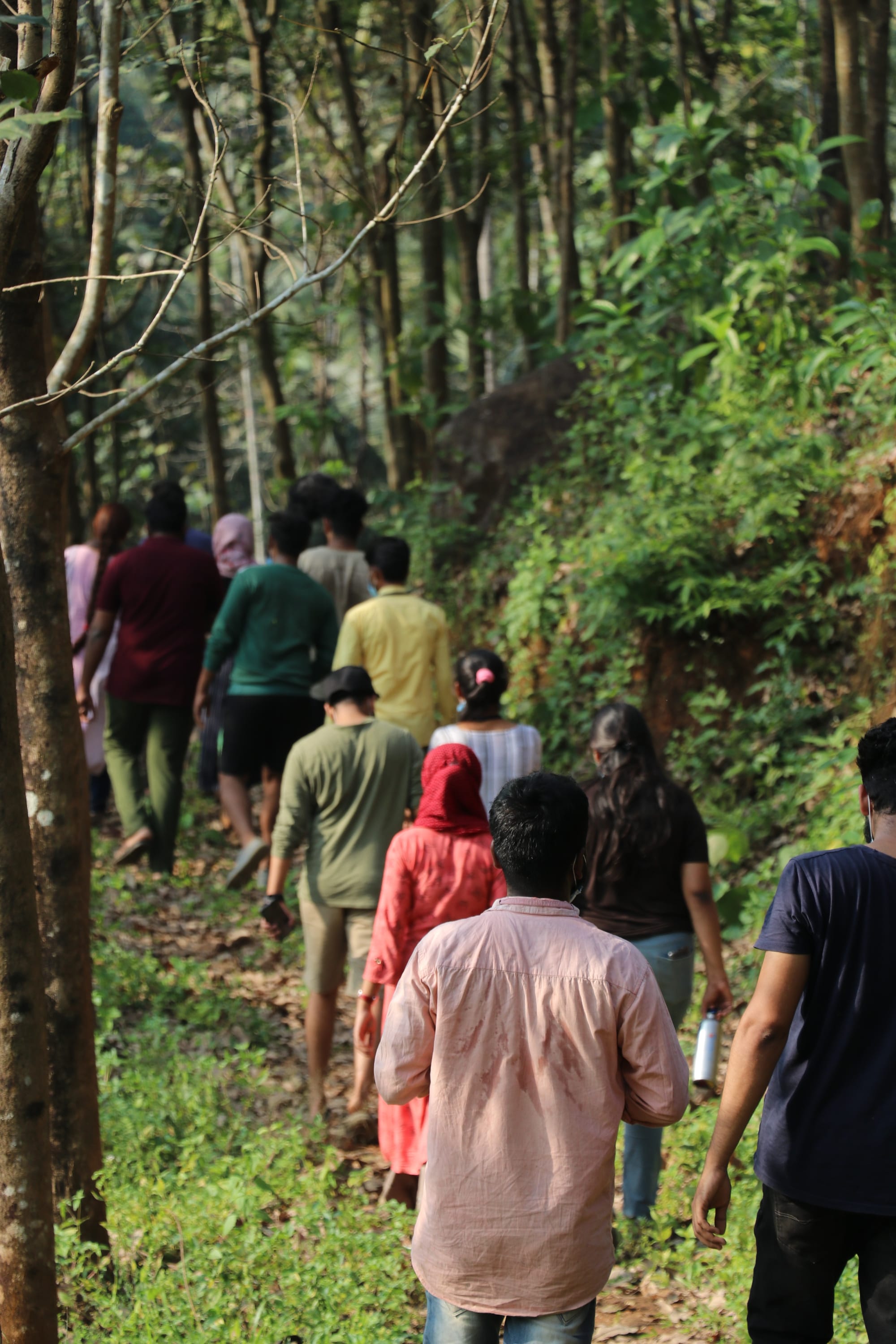
Shanija presenting her group's initiative on Environment and Climate Change during Winter School for Social Transformation
Through her time with The Ignite Foundation's School for Social Transformation program and her fellowship with SBI Youth for India, Shanija has not only learned to navigate the challenges faced by marginalized communities but has also empowered them to reclaim their traditional practices. Her experience is a shining example of how one individual can make a tangible difference in a community, using local knowledge to foster sustainable solutions.
Shanija continues to be an inspiration to the participants of the School for Social Transformation, and her journey reminds us of the importance of protecting and reviving traditional food systems for the well-being of future generations.
To learn more about Shanija’s impactful journey and the role of Wild Edible Plants in community nutrition, visit the link below.